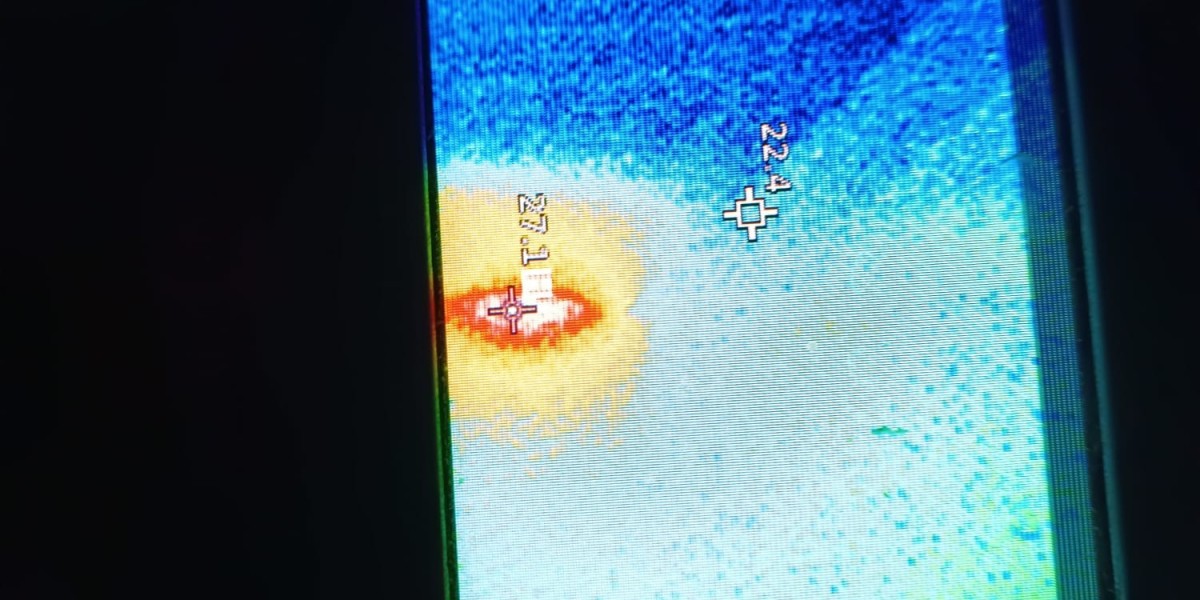The landscape of breast cancer treatment is undergoing a significant transformation, particularly in the realm of HR+/HER2-breast cancer. As researchers and pharmaceutical companies continue to innovate, the emergence of new drugs targeting this specific subtype of breast cancer is poised to revolutionize the HER2 breast cancer market. This article explores how these emerging therapies will reshape the future of breast cancer treatment.
Understanding HR+/HER2-Breast Cancer
HR+ (hormone receptor-positive) and HER2-positive breast cancers are distinct subtypes that exhibit specific characteristics influencing their treatment. HR+ breast cancer cells grow in response to hormones like estrogen and progesterone, while HER2-positive breast cancer cells have high levels of the HER2 protein, which promotes cell growth. The combination of these factors presents unique treatment challenges and opportunities.
Emergence of Targeted Therapies
The introduction of novel drugs tailored to HR+/HER2-positive breast cancer is a game changer. These emerging therapies aim to address the limitations of current treatment regimens, which often include hormonal therapies and HER2-targeted agents like trastuzumab. New drugs are focusing on improving efficacy, reducing resistance, and minimizing side effects.
One notable advancement is the development of selective estrogen receptor degraders (SERDs) and novel HER2-targeted agents. SERDs, such as elacestrant, are designed to degrade estrogen receptors, thereby reducing hormone-driven cancer cell growth. This approach addresses resistance issues associated with traditional hormone therapies, offering a more effective treatment option for HR+ breast cancer patients.
Additionally, the evolution of HER2-targeted therapies has seen the rise of next-generation agents, such as tucatinib and trastuzumab deruxtecan. Tucatinib, a small molecule tyrosine kinase inhibitor, has shown promising results in combination with trastuzumab, providing a powerful approach to overcome resistance. Trastuzumab deruxtecan, an antibody-drug conjugate, combines targeted HER2 therapy with a cytotoxic drug, delivering a potent therapeutic punch directly to cancer cells.
Impact on the HER2 Breast Cancer Market
The emergence of these advanced therapies is set to transform the HER2 breast cancer market. Improved treatment options will not only enhance patient outcomes but also drive market growth. As these drugs progress through clinical trials and gain regulatory approval, they will contribute to a more diversified and effective treatment arsenal for HER2-positive breast cancer.
Furthermore, the introduction of these therapies will likely shift the treatment paradigm, leading to earlier and more personalized interventions. This change will impact the overall landscape of HER2 breast cancer management, fostering a more precise approach to combating this aggressive cancer subtype.
Future Perspectives
As research continues and new drugs enter the market, the future of HR+/HER2-breast cancer treatment looks promising. The ongoing development of targeted therapies will play a crucial role in improving survival rates and quality of life for patients. By addressing the specific needs of HR+/HER2-positive breast cancer, these emerging therapies will redefine the treatment landscape and provide hope for a better future in breast cancer care.
In conclusion, the advent of innovative drugs targeting HR+/HER2-breast cancer signifies a major leap forward in the fight against breast cancer. With advancements in targeted therapies, the HER2 breast cancer market is on the brink of a transformative era, offering new possibilities for patients and reshaping the approach to breast cancer treatment.
Trending Reports






